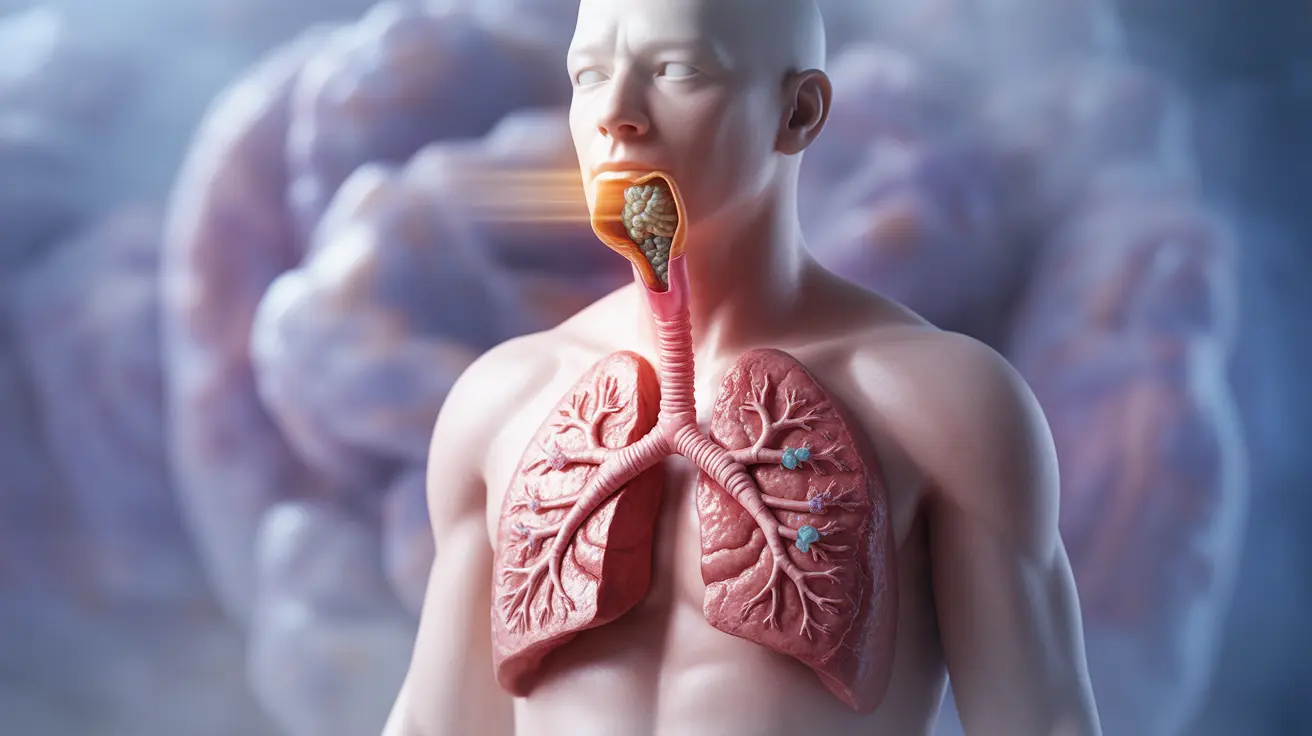Moderate COPD represents a crucial stage in chronic obstructive pulmonary disease where symptoms become more noticeable and begin to impact daily activities more significantly. Understanding this stage is essential for proper management and maintaining quality of life. This comprehensive guide explores the key aspects of moderate COPD, including symptoms, treatment options, and lifestyle modifications.
Understanding Moderate COPD Symptoms
Moderate COPD typically presents with more pronounced symptoms compared to mild COPD. At this stage, individuals often experience increased breathlessness during routine activities, persistent coughing, and regular mucus production. Daily tasks like climbing stairs or carrying groceries may become more challenging, signaling the progression of the condition.
Key indicators of moderate COPD include:
- Increased shortness of breath during physical activities
- Regular coughing with mucus production
- Wheezing, especially during exertion
- Reduced exercise tolerance
- More frequent respiratory infections
Treatment Strategies for Moderate COPD
Managing moderate COPD requires a comprehensive treatment approach combining medications, lifestyle modifications, and regular medical monitoring. Healthcare providers typically prescribe both short-acting and long-acting bronchodilators to help control symptoms and improve breathing capacity.
Medication Management
Common medications prescribed for moderate COPD include:
- Short-acting beta-agonists (SABAs) for quick relief
- Long-acting bronchodilators for daily symptom control
- Inhaled corticosteroids in some cases
- Combination inhalers when necessary
Pulmonary Rehabilitation Programs
Pulmonary rehabilitation plays a vital role in managing moderate COPD. These structured programs combine exercise training, education, and support to help patients better manage their condition and improve their physical capacity.
Lifestyle Modifications and Prevention
Making significant lifestyle changes is crucial for managing moderate COPD effectively. The most important step is smoking cessation for those who still smoke, as this can significantly slow disease progression and improve symptoms.
Exercise and Physical Activity
Regular physical activity, tailored to individual capabilities, helps maintain muscle strength, improve breathing efficiency, and enhance overall endurance. Working with a healthcare provider to develop an appropriate exercise plan is essential.
Vaccination and Infection Prevention
People with moderate COPD should prioritize vaccinations to prevent respiratory infections that could worsen their condition. Key vaccinations include:
- Annual flu shots
- Pneumococcal vaccines
- COVID-19 vaccination
- Other respiratory vaccines as recommended by healthcare providers
Frequently Asked Questions
What are the common symptoms of moderate COPD and how do they differ from mild COPD?
Moderate COPD symptoms are more pronounced than mild COPD, including increased breathlessness during routine activities, regular coughing with mucus production, and more frequent respiratory infections. Unlike mild COPD, these symptoms significantly impact daily activities.
What treatments are recommended to manage moderate COPD and prevent it from worsening?
Treatment typically includes a combination of short-acting and long-acting bronchodilators, possible inhaled corticosteroids, pulmonary rehabilitation, and regular medical monitoring. A comprehensive treatment plan helps prevent disease progression.
How can lifestyle changes like quitting smoking and exercising help improve quality of life in moderate COPD?
Quitting smoking is crucial as it slows disease progression and improves symptoms. Regular exercise helps maintain muscle strength, improves breathing efficiency, and enhances overall endurance, leading to better quality of life.
What role does pulmonary rehabilitation play in the management of moderate COPD?
Pulmonary rehabilitation provides structured exercise training, education, and support to improve physical capacity, teach breathing techniques, and help patients better manage their condition in daily life.
Why are vaccinations important for people with moderate COPD and which vaccines should be considered?
Vaccinations help prevent respiratory infections that could severely impact COPD symptoms. Important vaccines include annual flu shots, pneumococcal vaccines, COVID-19 vaccination, and other respiratory vaccines as recommended by healthcare providers.




